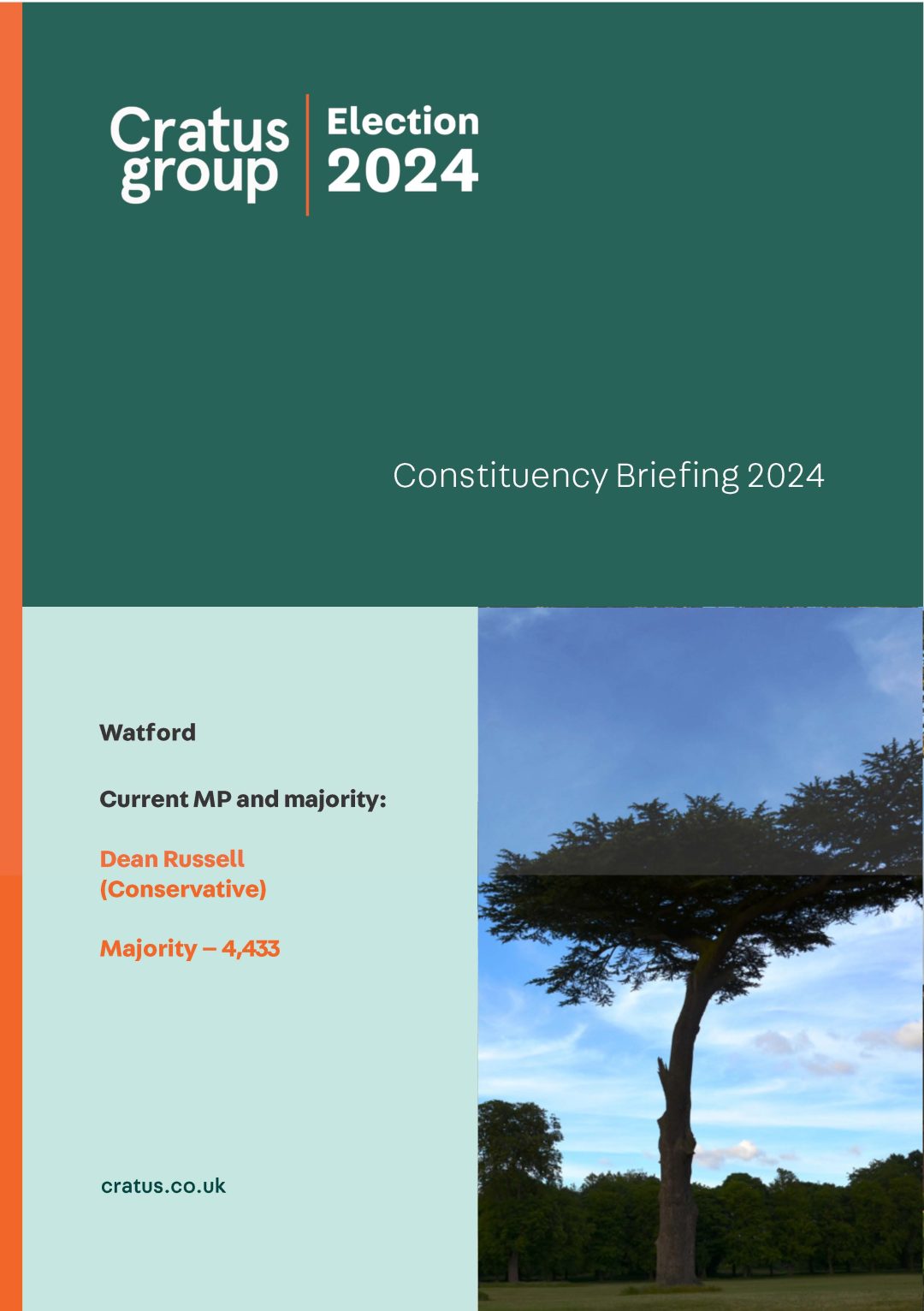New Towns Act 81 Regulation Changes
It was snuck out at the end of the parliamentary session, beneath the furore over the changes to the NPPF and the OAN formula. The New Towns Act 81 regulation changes. It could be one of the most significant changes in planning policy for areas of the country where neighbouring authorities have spent a decade or more fighting over the duty of cooperate. The Regulations and Guidance on the New Towns Act 1981 – Regulations 2018 – talks about creating ‘locally-led development corporations’ under the jurisdiction of the Secretary of States’ appointee.
In other words, in regions of the country where a group of councils are seeking to build a large number of houses and benefit from increased infrastructure monies, but another authority within the local geography is not wanting to play ball and cooperate, the government can now create a DC headed by a local council leader in a nearby authority who would have the ability to outline plans in authorities where they would ordinarily not have jurisdiction.
The Secretary of State has the power to appoint any authority to lead it and if outside their administrative area, would grant them certain powers for drawing up such proposals, with any other impacted authorities required to be engaged. What those powers could entail are briefly set out as including ‘Planning for the creation of a high quality settlement which is a sustainable community, support sustainable development and good design and to plan for the long term stewardship of the assets of the New Town for the benefit of the community, the participation of the community and the legacy arrangements following the dissolution of the new town development corporation’. However, Paragraph 11 of Schedule 1 outlines provisions for the appointment of members to a locally-led DC and states that ‘in appointing a member, the oversight authority must have regard to the desirability of appointing one or more persons resident in or having special knowledge of the locality… and must have regard to the desirability of appointing a person who has experience of and has shown capacity in a matter relevant to the carrying-out of the development corporation’s functions…’
Crucially, lots of councils have been keen to satisfy the duty to cooperate function of the NPPF by signing Memorandums of Understanding with neighbouring authorities and Joint Statements of Common Ground. It would be hard to argue in areas where these agreements exist that the appointment of a neighbouring council leader to lead a locally-led DC did not meet the terms of the specification. In fact these documents would evidence that the neighbouring leader has an understanding of the functions of a development authority and would be qualified to take on the powers, having satisfied the test of having knowledge of the locality.
At present this has never been tried and tested and there is no case law to see how it’s implementation would be challenged by a dissenting authority and its residents. From the government’s perspective, the argument would be that if a “mainstream” development corporation was put in charge then that would be made up of bureaucrats and developers who care little for the fabric of local life but who simply have a job to do to allocate land for the building of thousands of houses over a set period of time.
Under the new scheme at least local politicians with some understanding of the local landscape, politics and economic development will be in charge, albeit even if they are not directly accountable to specific electorates.
As the government continues to push for joint strategic plans to be produced by areas of the country such as the West of England, the Oxford – MK – Cambridge corridor and in South Essex, this is clearly a tool in their arsenal they are preparing to use if necessary.
We will have to both watch to see if any authority makes a formal application to the Secretary of State to commission a locally-led DC, and we will have to decide whether it is something we wish to advise council leaders to explore in more detail in our ongoing discussions with them. This will be a particularly important change in respect of areas which contain proposals for garden villages.
Gavin Callaghan
Director of Strategy, Cratus







